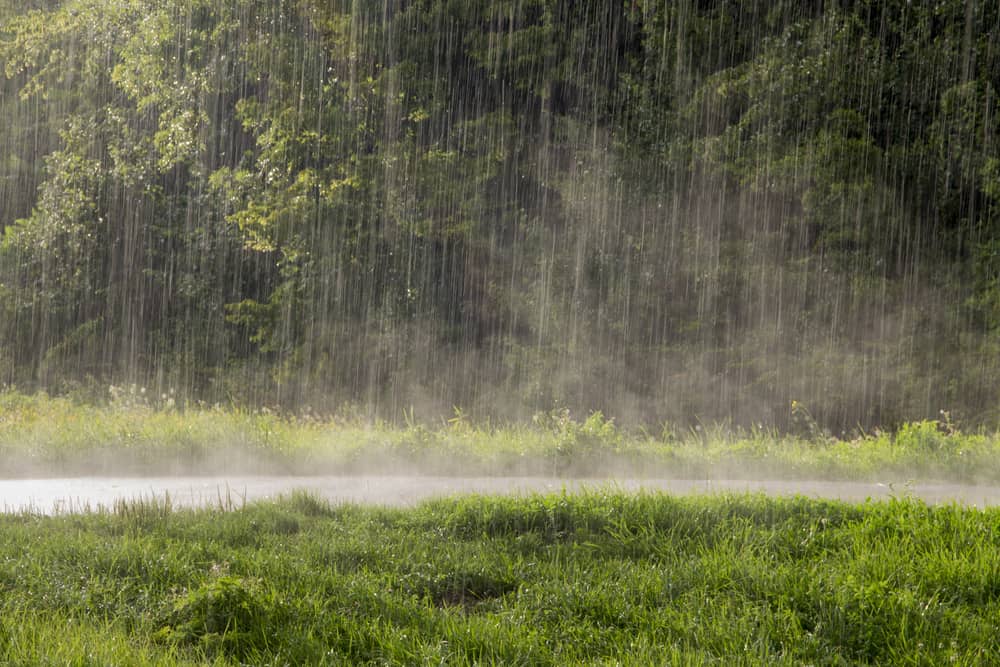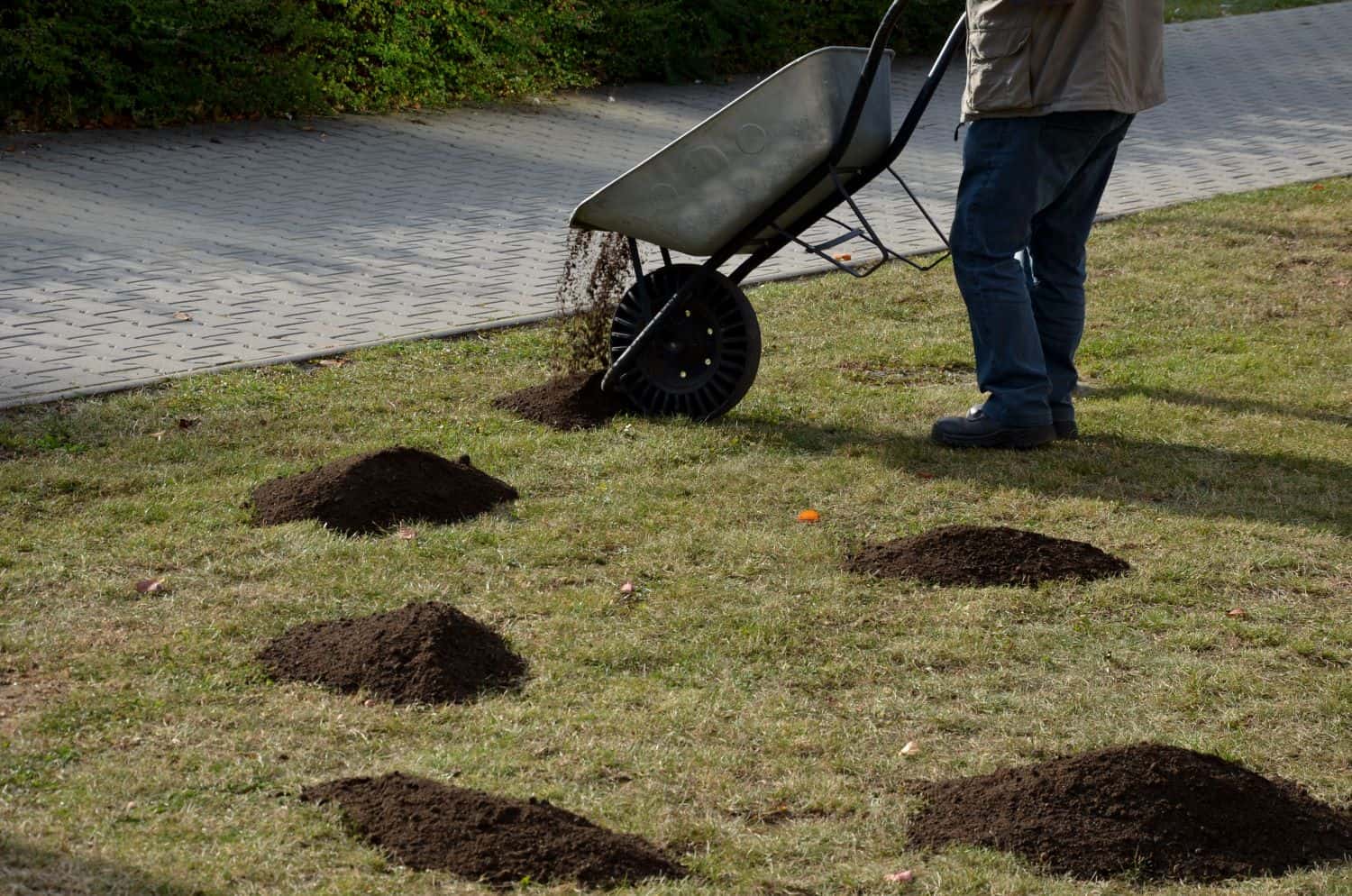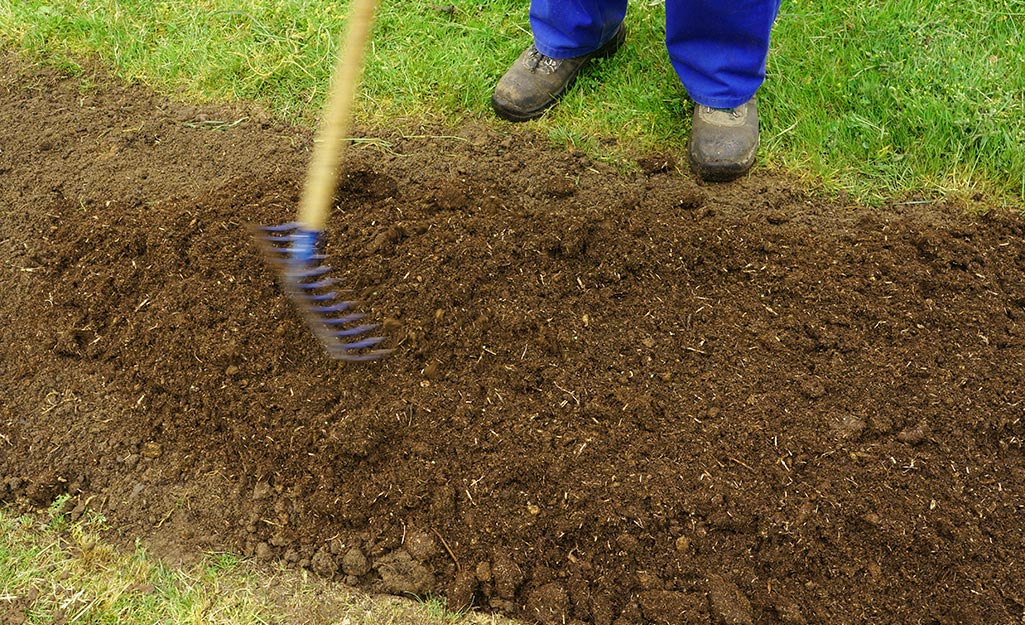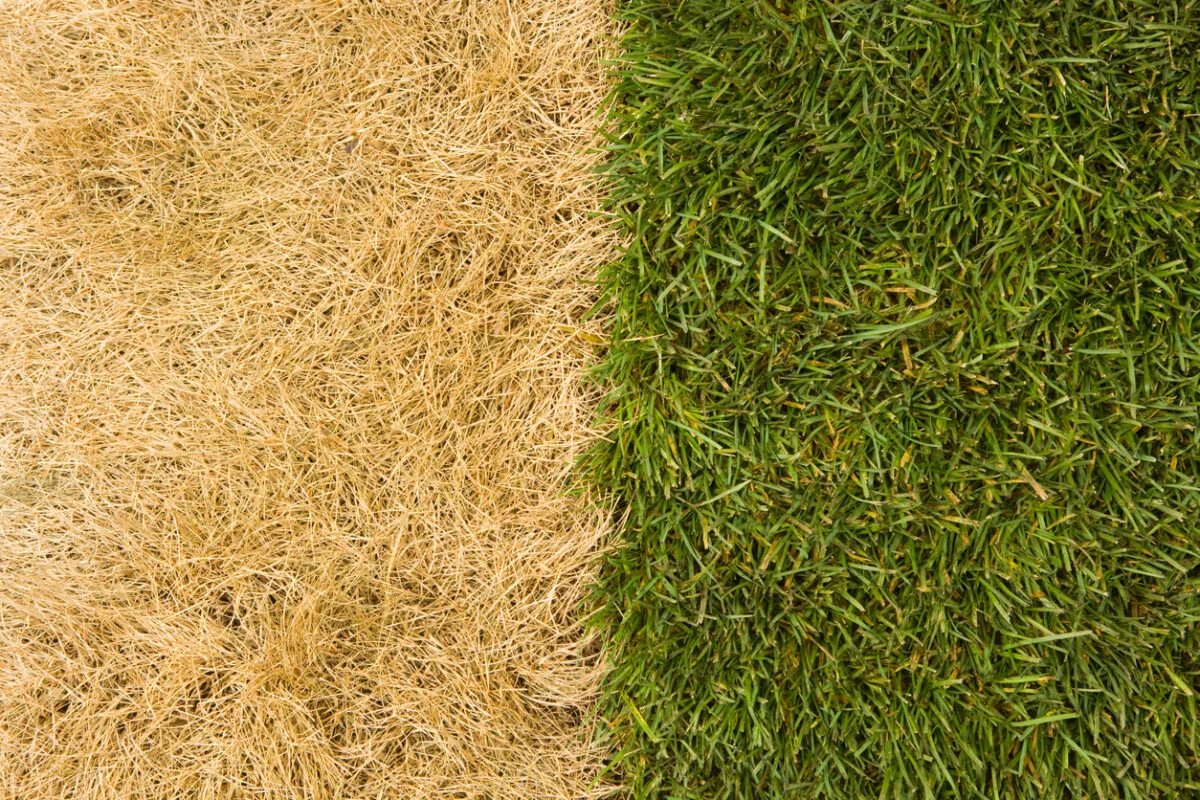Timing Lawn Fertilization: Before Rain or After?
When it comes to lawn care, understanding the optimal time for fertilizing your lawn is crucial for achieving lush, healthy grass. Many homeowners ponder whether to fertilize before a heavy rain or to wait until after the rains have passed. The timing of lawn fertilization can significantly affect the fertilizer’s efficacy and your lawn’s health. It’s often recommended to fertilize before heavy rain, since water can help in breaking down the fertilizer, allowing nutrients to seep into the soil and reach the roots of the grass.
However, too much precipitation can lead to run-off, wasting the valuable nutrients your lawn needs. Consequently, if you’re anticipating a deluge, postponing your fertilization efforts until after the storm is wise. Conversely, light rains can be ideal, providing enough moisture to assist the fertilizer in soaking into the soil without washing it away.
As a general rule, you should assess the expected rainfall and plan your lawn care accordingly, ensuring that you fertilize at a time that will maximize the benefit to your grass. Remember, strategic fertilization is a cornerstone of impeccable grass care, and at Turf Medic, we’re here to ensure your fertilization regimen yields the greenest results.
The Disadvantages of Fertilizing in the Rain
- Leaching: When it rains heavily, water can wash away the applied fertilizer before it can be absorbed by plants, leading to nutrient loss and reduced fertilizer efficiency.
- Runoff: Fertilizers that are applied before a rainstorm can runoff into nearby water bodies, potentially causing water pollution and harming aquatic ecosystems.
- Waste of Resources: Fertilizing in the rain can be wasteful, as a significant amount of the fertilizer can be washed away rather than being utilized by the plants, resulting in an unnecessary financial loss.


- Ineffective Nutrient Delivery: Rain can disrupt the even distribution of fertilizer, leading to patchy areas of growth and uneven nutrient delivery to plants.
- Soil Erosion: Heavy rain can cause erosion, especially on fertilized land. The added weight from water-soluble fertilizers can increase runoff, stripping away fertile topsoil.
Optimizing Grass Growth: Fertilize Your Lawn with Weather in Mind
Lawn fertilization is a critical component in maintaining a healthy and vibrant landscape, and timing is everything when it comes to maximizing benefits for your lawn. Applying fertilizers several days before heavy rain arrives can ensure that the grassroots adequately absorb and utilize nutrients rather than being washed away. This preventive approach nurtures your lawn’s growth and aligns with eco-friendly practices, as it minimizes runoff and preserves natural water quality.
On the contrary, fertilizing right before the rain – especially if a downpour is expected – may seem like a convenient way to water in the fertilizer, but it often leads to wastage and inefficient nutrient uptake. By allowing some time for the fertilizer to settle and slowly release its contents, your grass receives a steady food supply that encourages dense, lush growth. Effective fertilization ideally occurs when you can control, to some extent, the interaction with the elements.
Remember, the goal is to ensure that your lawn has everything it needs at the right time. By paying attention to forecasts and planning your lawn care activities accordingly, you’ll ensure your grass benefits from each fertilization session, fostering a robust and green lawn that becomes the envy of your neighborhood.
Maintaining Your Lawn Fertilizers and Soil: The Role of Nature
Understanding the delicate balance between your lawn’s needs and the rhythm of the natural elements is crucial for lawn upkeep. When considering the timing of applying the fertilizer, one must weigh the interface between environmental conditions and the nutrient requirements of your lawn. It is not just about when nutrients are added but also how soil structure and moisture can influence the efficacy of fertilizers.

A thorough grasp of when the fertilizer should be used is underpinned by soil health. In the pursuit of a natural lawn, striking harmony between fertilizers and the natural lifecycle of your landscape ensures that the enhancements you make are sustainable and effective. Employing natural lawn strategies, such as complementing the natural weather patterns, empowers your lawn to benefit significantly from fertilizers while mitigating runoff and nutrient loss.
Landscape Service Advice: When to Apply Fertilizer to the Grass Before Heavy Rain
Accurately timing the lawn fertilization of your lawn is a critical component of proper lawn care that can significantly enhance your grass’s growth and vitality. When considering the application, assessing upcoming weather conditions is essential, especially before a heavy rain. Applying fertilizers to your lawn just before a downpour can be a double-edged sword.
While a light shower can help wash it into the soil, promoting effective nutrient absorption, heavy rain can result in runoff, washing away these valuable nutrients and negatively affecting your service efforts. This runoff deprives your grass of essential sustenance and poses a risk to the local ecosystem, as excess can contaminate waterways.
Therefore, as part of Turf Medic’s comprehensive lawn care service, we recommend monitoring local weather forecasts and soil moisture levels to determine the optimal window for fertilization. Ideally, apply fertilizer to your lawn when you’re expecting light rain, which can assist in the fertilizers’ proper integration with the soil, thereby ensuring that your grass receives the full benefit of your lawn care service and maintaining the health of both your compost and soil.
When Should You Not Fertilize Grass?
Understanding when not to fertilize your grass is crucial for lawn care enthusiasts who strive for lush, healthy turf. It’s advisable to avoid fertilizing prior to heavy rain. Significant rainfall can cause compost runoff before it has a chance to absorb, negating your lawn care efforts and potentially harming the environment through waterway pollution.
On the flip side, fertilizing after light rain can be beneficial; however, if the soil is overly saturated, it’s best to wait until your lawn dries a bit. Lawn care best practices suggest that the ground should be moist but not drenched when applying compost. Always weigh the consequences prior to treating your lawn, and don’t do it just before a downpour.

Turf Medic Can Take Care of Your Lawn Needs
When pondering the optimal timing for fertilizing your lawn, consider the comprehensive services offered by Turf Medic. We’re experts at integrating natural weather patterns with our lawn care plans to ensure your lawn receives the nutrients it needs at the most beneficial times.
Whether it’s before a gentle shower to help dissolve the compost or after the rain when your lawn is primed for nutrient uptake, we create a plan tailored to your lawn’s specific requirements. Our green-thumbed professionals understand that precision in lawn service is key to nurturing a robust and vibrant lawn.
Let us take the guesswork out of fertilizing your lawn. Contact Turf Medic today for a personalized lawn care plan that will leave your neighbors green with envy!
Learn more about Lawn Fertilization here.

Recent Comments